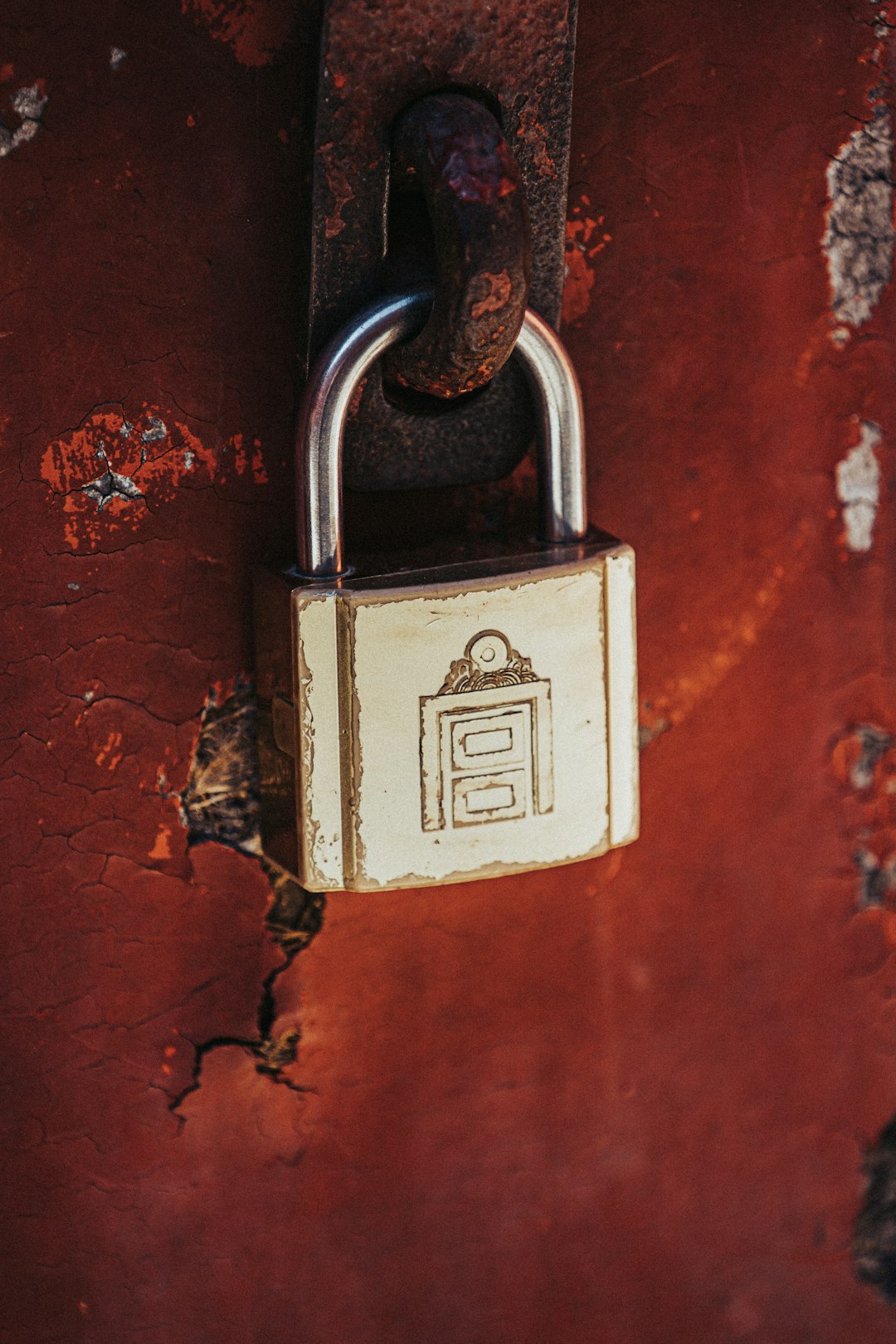When you visit a website and notice a small padlock icon next to the URL in your browser, you’re seeing a sign of a secure connection, typically established using SSL (Secure Sockets Layer) or more accurately, its successor TLS (Transport Layer Security). Behind this security is a vital component known as an SSL CA certificate. While it’s easy to take safety indicators for granted, understanding what these certificates are and why they matter can significantly enhance your knowledge of how website security works and why it’s pivotal in today’s digital world.
What Is an SSL CA Certificate?
An SSL Certificate Authority (CA) certificate is a digital credential that verifies the identity of a website and enables encrypted communication between a browser and a server. Issued by a trusted entity called a Certificate Authority (CA), it serves as a foundational element in the Public Key Infrastructure (PKI) model that powers SSL/TLS protocols.
When a CA issues an SSL certificate to a website, it validates the website’s ownership and, depending on the type of certificate, may also verify organizational details. This verification process ensures that the website you are connecting to is not a malicious clone intending to steal sensitive data, like login credentials or financial information.
How SSL Certificates Work
SSL certificates work through a process called the SSL handshake. Here’s a simplified explanation of what happens when you visit a secure website:
- Your browser requests a secure connection to the server by sending a “Hello” message.
- The server responds with its certificate, issued by a trusted CA.
- Your browser checks this certificate against a list of trusted CAs built into the browser.
- If the certificate is valid, an encrypted session is established using a combination of the server’s public key and a session key.
This encrypted session encrypts all data exchanged between your browser and the website, ensuring confidentiality and integrity.

What Role Does the Certificate Authority (CA) Play?
The Certificate Authority is a third-party entity that both browsers and operating systems trust implicitly. CAs are responsible for:
- Issuing certificates to verified entities using robust vetting processes.
- Maintaining revocation lists of certificates that are no longer secure or have been compromised.
- Updating root certificates in browsers and systems to maintain trust at scale.
Without Certificate Authorities, anyone could issue fraudulent certificates, making it impossible to know whether a website is genuine. The authority a CA holds is immense—they’re effectively the gatekeepers of digital trust.
Types of SSL Certificates Issued by CAs
Since different websites require different levels of security, CAs issue various types of SSL certificates:
- Domain Validated (DV) Certificates: These only verify domain ownership through a simple email or DNS confirmation. They are quick and easy to obtain but offer the lowest assurance.
- Organization Validated (OV) Certificates: These require validation of both domain ownership and organizational identity. They offer a higher level of trust and are appropriate for most business websites.
- Extended Validation (EV) Certificates: These undergo a rigorous vetting process and provide the highest level of assurance. They display a green address bar in some browsers, signifying maximum trust.

Why SSL CA Certificates Are Critical for Website Security
In an age where data breaches and cyberattacks occur daily, SSL CA certificates offer multiple layers of protection for both users and web owners:
1. Data Encryption
Encrypted connections prevent malicious actors from intercepting or tampering with sensitive data like usernames, passwords, and credit card numbers. With an SSL certificate in place, the data remains secure during transmission.
2. Authentication
By verifying the identity of a website, SSL certificates help prevent phishing attacks and scams that arise from impersonated or spoofed websites. When users see a trusted padlock and a valid certificate, they know the website is legitimate.
3. Trust and Credibility
Modern users are more conscious than ever about online security. A website lacking an SSL certificate often displays browser warnings, discouraging visitors from engaging. SSL certificates help build trust and credibility, which are crucial for customer retention and business success.
4. SEO Benefits
Search engines, particularly Google, rank secure websites higher in search results. This means that having an SSL CA certificate doesn’t just improve security—it can also enhance visibility and performance in search engine optimization (SEO).
5. Compliance with Regulations
Data protection regulations such as GDPR, CCPA, and HIPAA require organizations to ensure the secure handling of personal information. Utilizing SSL certificates is often a necessary part of compliance strategies.
Consequences of Not Using an SSL CA Certificate
The risks of foregoing an SSL certificate go far beyond just poor SEO performance. Not having one can expose you to:
- Data breaches: All unencrypted data can be intercepted, read, or modified by attackers.
- Loss of trust: Users warned about an insecure site may choose not to proceed, leading to fewer conversions and damaging your brand reputation.
- Legal ramifications: Depending on your industry and location, you may face fines or lawsuits for failing to protect user data.
How to Obtain and Install an SSL CA Certificate
Getting an SSL certificate involves several straightforward steps:
- Choose a reputable Certificate Authority (e.g., DigiCert, Sectigo, GlobalSign).
- Select the type of certificate suitable for your needs (DV, OV, or EV).
- Generate a Certificate Signing Request (CSR) on your web host or server.
- Complete the CA’s verification process.
- Download and install the certificate on your web server.
Once installed, it’s vital to conduct tests using tools like SSL Labs to ensure proper configuration and to renew your certificate before it expires.
Free vs Paid SSL Certificates
Services like Let’s Encrypt offer free DV certificates suitable for basic needs and small websites. However, paid certificates from established CAs often include perks like:
- Higher levels of validation and trust.
- Customer support and warranty protection against breaches.
- Wildcard and Multi-Domain support for complex hosting environments.
Choosing between a free or paid SSL certificate depends on your audience and your specific business requirements.
The Future of SSL and CA Certificates
As cybersecurity threats evolve, so too does the SSL ecosystem. Expectations for shorter certificate lifespans, automated renewal processes, and enhanced validation methods point toward a future where digital trust will become even more crucial.
Browsers and operating systems are continually updating their CA root stores, tightening the criteria for certificate validation, and pushing for greater automation through standards like ACME (Automatic Certificate Management Environment). Staying ahead in security means staying informed.
Conclusion
In summary, an SSL CA certificate is not just a technical requirement but a cornerstone of online trust and security. Whether you run a personal blog or a large e-commerce platform, securing your website with an SSL certificate issued by a trusted Certificate Authority is essential for protecting user data and maintaining credibility in a crowded digital marketplace.
Without it, even the most beautiful and functional websites are at risk of being rendered inaccessible or marked as unsafe. In a world where consumers increasingly demand secure, private, and verified interactions, an SSL CA certificate isn’t just recommended—it’s critical.




